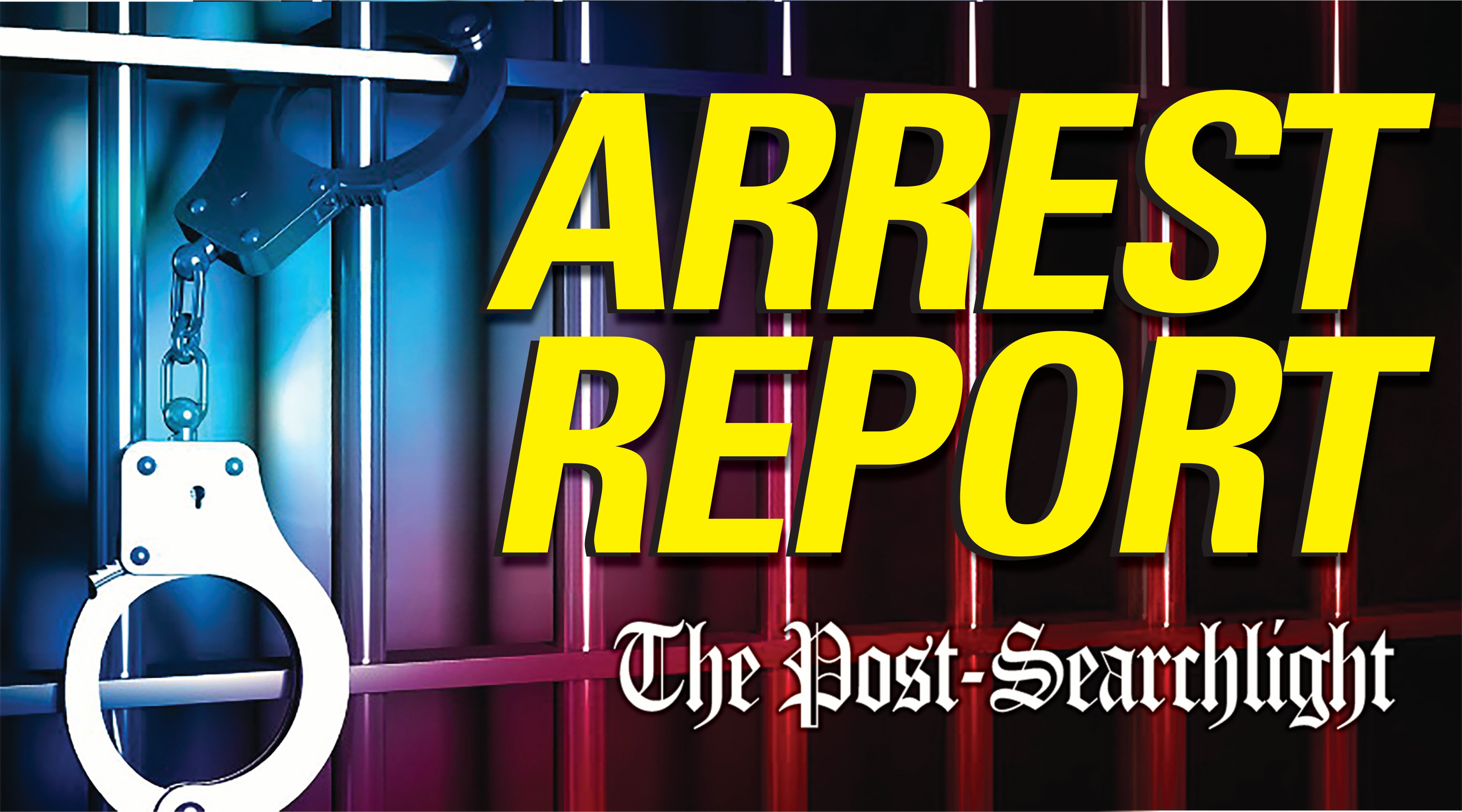Bainbridge petitions county for mediation in service delivery dispute
Published 12:10 am Saturday, November 15, 2014
Friday afternoon, the City of Bainbridge filed a petition against Decatur County and the Decatur County Commission requesting a judge appoint mediation in the ongoing service delivery and “double taxation” dispute between the two governments.
“[Friday’s] action only represents the carrying out of the legal proceedings authorized by the resolution the Bainbridge City Council adopted on November 4,” said Bainbridge City Manager Chris Hobby. “This action simply asks the court to appoint a mediator to assist in breaking the impasse that we find ourselves in with Decatur County. The City Council has been very clear in what they want staff and legal counsel to do, and [Friday] David Kendrick and Buddy Welch have simply followed those instructions. I remain very hopeful that we can get this issue resolved and move on to other business.”
The “impasse” is referenced in the civil suit, detailing the city’s attempts at communication and resolutions and the county’s alleged refusal to cooperate. The dispute stems from city officials claiming Bainbridge property owners do not receive all of the services they are taxed for by the county, including: animal control; planning, zoning, inspections and code enforcement; county farm; fire services; police services; public utilities; road and bridge maintenance and construction.
Upon receiving the petition, the Superior Court of Decatur County has 30 days to provide mandatory mediation via a judge who is not of the Decatur County circuit.
O.C.G.A Section 36-70-23, the Service Delivery Act, reads that all local government services must be identified, and the governments must create assignments for which entity handles each service. In the event that multiple governments within the county provide duplicate services, the intergovernmental agreement shall include details of the arrangement. The last time the agreement was updated was in October of 2007, according to the civil suit.
“Through adoption of the SDS Act, the legislature affirmatively limited a county’s ability to use its tax revenue for the provision of services so that city residents would not pay for governmental services that they do not receive or that are provided primarily for the benefit of the unincorporated area of the county,” according to the civil suit.
The suit claims that the Decatur County Commission is “misapplying the revenue generated from the service.”
“The Board of Commissioners has acted beyond its discretionary powers conferred upon them,” the suit reads. “Through its failure to comply with the mandates of the legislature in the SDS Act relative to the power for costing and funding of services, the Board of Commissioners has created a non-uniform scheme of taxation that creates inequities among taxpayers similarly situated, is arbitrary and capricious, and illegal.”
Decatur County Commission Chairman Frank Loeffler could not be reached for comment by presstime.





